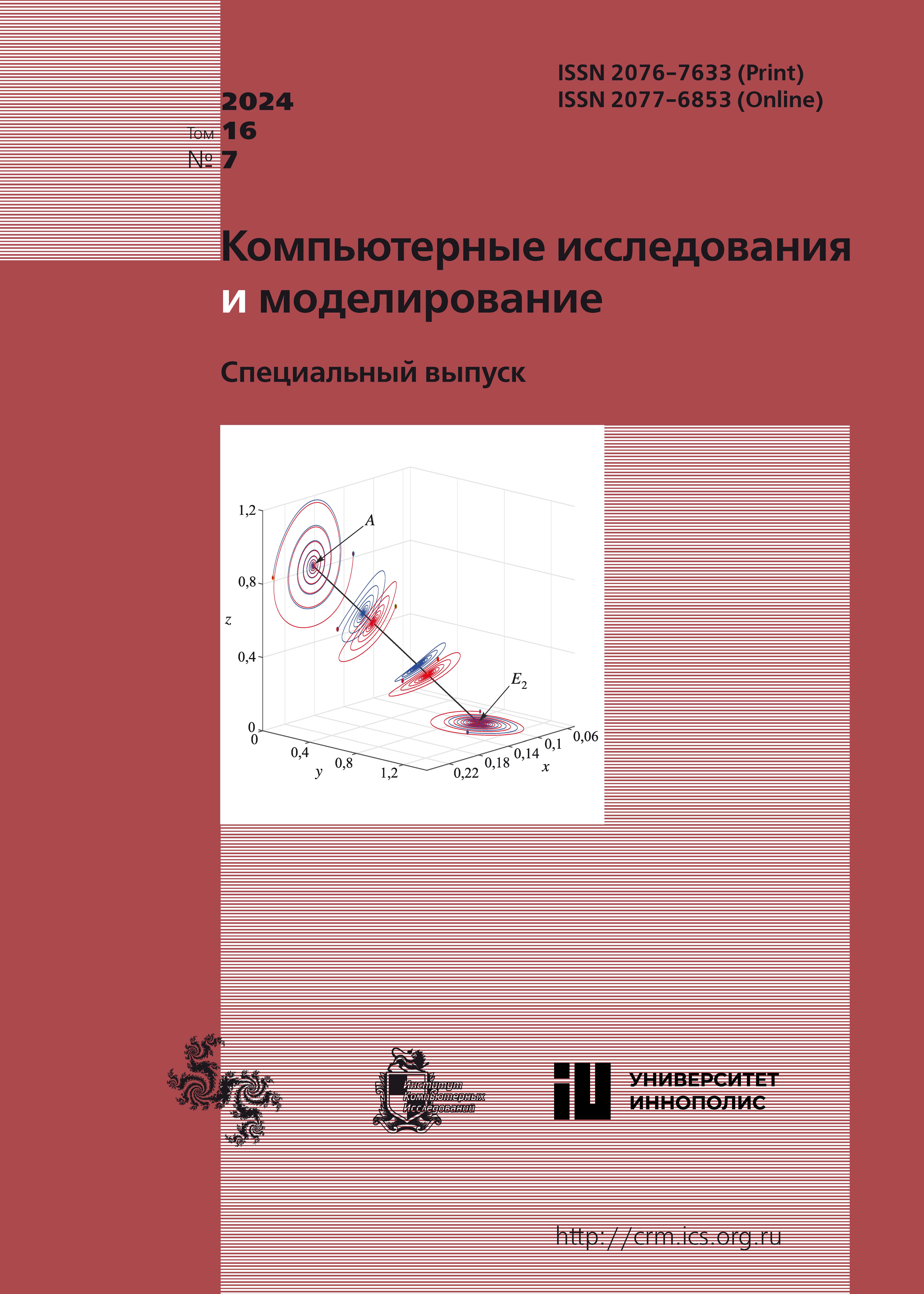Все выпуски
- 2025 Том 17
- 2024 Том 16
- 2023 Том 15
- 2022 Том 14
- 2021 Том 13
- 2020 Том 12
- 2019 Том 11
- 2018 Том 10
- 2017 Том 9
- 2016 Том 8
- 2015 Том 7
- 2014 Том 6
- 2013 Том 5
- 2012 Том 4
- 2011 Том 3
- 2010 Том 2
- 2009 Том 1
Deriving specifications of dependable systems
 pdf (633K)
pdf (633K)
Although human skills are heavily involved in the Requirements Engineering process, in particular, in requirements elicitation, analysis and specification, still methodology and formalism play a determining role in providing clarity and enabling analysis. In this paper, we propose a method for deriving formal specifications, which are applicable to dependable software systems. First, we clarify what the method itself is. Computer science has a proliferation of languages and methods, but the difference between the two is not always clear. This is a conceptual contribution. Furthermore, we propose the idea of Layered Fault Tolerant Specification (LFTS). The principle consists in layering specifications in (at least) two different layers: one for normal behaviors and others (if more than one) for abnormal behaviors. Abnormal behaviors are described in terms of an Error Injector (EI), which represent a model of the expected erroneous interference coming from the environment. This structure has been inspired by the notion of an idealized Fault Tolerant component, but the combination of LFTS and EI using rely guarantee thinking to describe interference is our second contribution. The overall result is the definition of a method for the specification of systems that do not run in isolation but in the real, physical world. We propose an approach that is pragmatic to its target audience: techniques must scale and be usable by non-experts, if they are to make it into an industrial setting. This article is making tentative steps, but the recent trends in Software Engineering such as Microservices, smart and software-defined buildings, M2M micropayments and Devops are relevant fields continue the investigation concerning dependability and rely guarantee thinking.
Журнал индексируется в Scopus
Полнотекстовая версия журнала доступна также на сайте научной электронной библиотеки eLIBRARY.RU
Журнал входит в систему Российского индекса научного цитирования.
Журнал включен в базу данных Russian Science Citation Index (RSCI) на платформе Web of Science
Международная Междисциплинарная Конференция "Математика. Компьютер. Образование"







